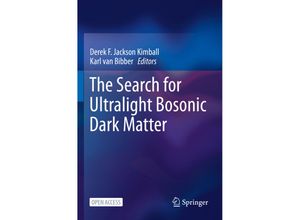
EAN: 9783030958541
Produktdaten aktualisiert am: 08.01.2026
Bilder-Quelle: discount24.de - Sport-Freizeit

Letzte EAN Aktualisierungen:
8424365723305 - Ultra Age - Sony PlayStation...8424365723299 - Ultra Age - Nintendo Switch ...
9780201038064 - The Art of Computer Programm...
8806095861951 - Galaxy S25 Ultra Dual SIM 1T...
9120106662108 - 50 Flachbild TV QLED 4K 50QG...
9120106661583 - 43 Flachbild TV QLED 4K 43QG...
9781538775028 - Witherspoon Reese Reese With...
8806095614724 - SAMSUNG Smartphone Galaxy Z ...
kürzlich hinzugefügt:
8806095019789 - SAMSUNG Smartphone Galaxy Z ...8806095614175 - SAMSUNG Smartphone Galaxy Z ...
8424365723299 - Ultra Age - Nintendo Switch ...
8806095614854 - SAMSUNG Smartphone Galaxy Z ...
9781538775028 - Witherspoon Reese Reese With...
9780201038064 - The Art of Computer Programm...
8806095861951 - Galaxy S25 Ultra Dual SIM 1T...
8806095019758 - SAMSUNG Smartphone Galaxy Z ...